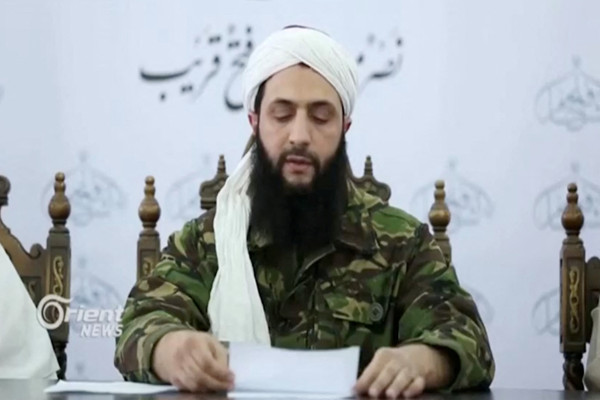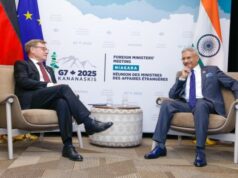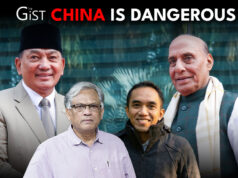Syria’s Bashar al-Assad used Russian and Iranian firepower to beat back rebel forces during years of civil war but never defeated them, leaving him vulnerable to their breathtaking advance when his allies were distracted by wars elsewhere.
Statues of Assad’s father and brother were toppled in cities taken by the rebels, while pictures of him on billboards and government offices were torn down, stamped on, burned or riddled with bullets.
Assad became president in 2000 after his father Hafez died, preserving the family’s iron-fisted rule and the dominance of their Alawite sect in the Sunni Muslim-majority country and Syria’s status as an Iranian ally hostile to Israel and the U.S.
Shaped in its early years by the Iraq war and crisis in Lebanon, Assad’s rule was defined by civil war, which spiralled out of the 2011 Arab Spring, when Syrians demanding democracy took to the streets, to be met with deadly force.
Branded an “animal” in 2018 by U.S. President Donald Trump for using chemical weapons – an accusation he denied – Assad outlasted many of the foreign leaders who believed his demise was imminent in the early days of the conflict, when he lost swathes of Syria to rebels.
Helped by Russian air strikes and Iranian-backed militias, he clawed back much of the lost territory during years of military offensives, including siege warfare condemned as
“medieval” by U.N. investigators.
With his opponents largely confined to a corner of northwestern Syria, he presided over several years of relative calm, though large parts of the country remained out of his
grasp and the economy was shackled by international sanctions.
Assad re-established ties with Arab states that once shunned him but remained a pariah to much of the world and never managed to revive the shattered Syrian state, whose armed forces swiftly retreated in the face of rebel advances.
He has not delivered any public remarks since insurgents took Aleppo a week ago but said in a call with Iran’s president that the escalation sought to redraw the region for Western
interests, echoing his view of the revolt as a foreign-backed conspiracy.
Justifying his response to the insurgency in its early stages, Assad compared himself to a surgeon. “Do we say to him: ‘Your hands are covered in blood?’ Or do we thank him for saving the patient?” he said in 2012.
Early in the conflict, as rebels seized town after town, Assad oozed confidence.
“We will hit them with an iron fist and Syria will return to how it was,” he told soldiers after taking back the town of Maaloula in 2014.
He delivered on the first pledge, but not the second. Years later, large parts of Syria remained outside state control, cities were flattened, the death toll topped 350,000 and more than a quarter of the population had fled abroad.
With Reuters inputs
Thirty eight years in journalism, widely travelled, history buff with a preference for Old Monk Rum. Current interest/focus spans China, Technology and Trade. Recent reads: Steven Colls Directorate S and Alexander Frater's Chasing the Monsoon. Netflix/Prime video junkie. Loves animal videos on Facebook. Reluctant tweeter.





